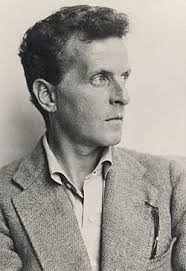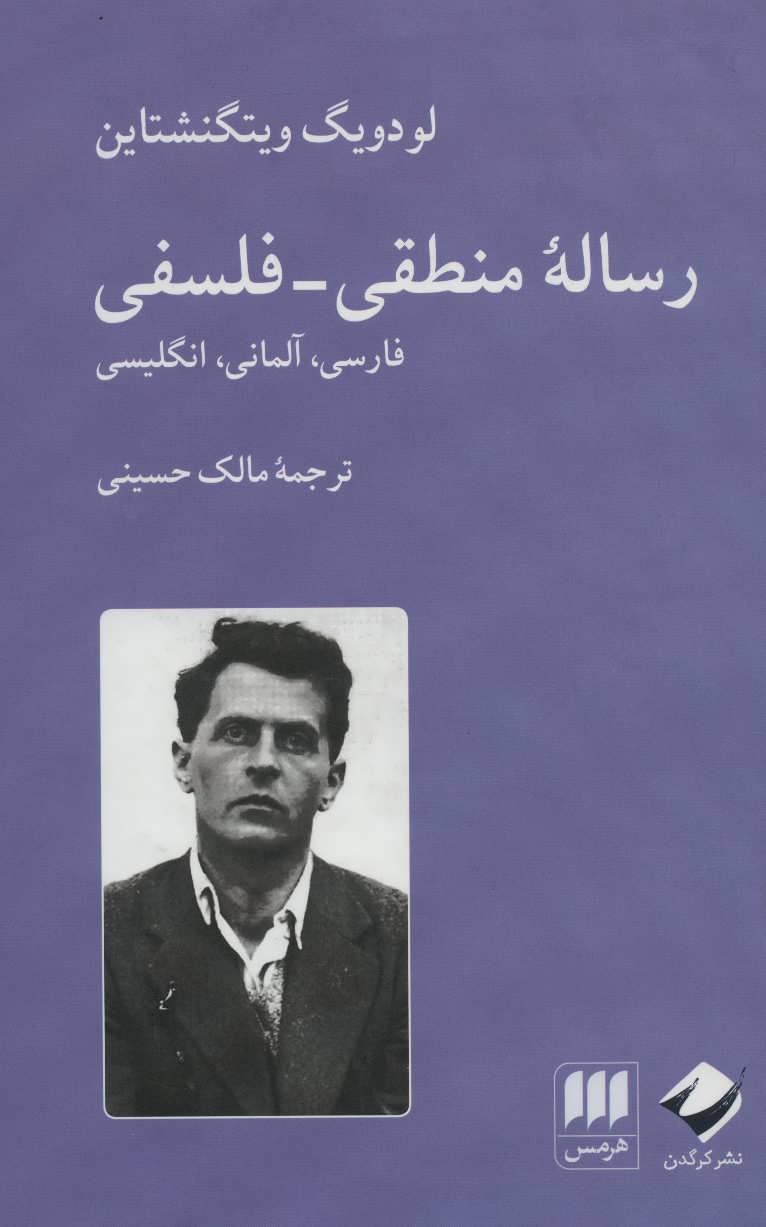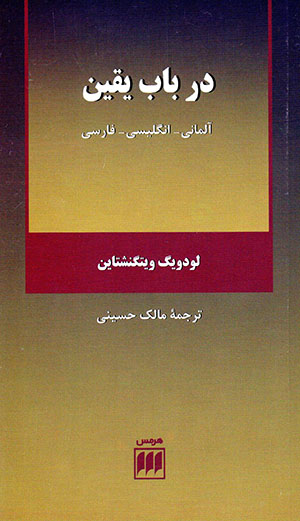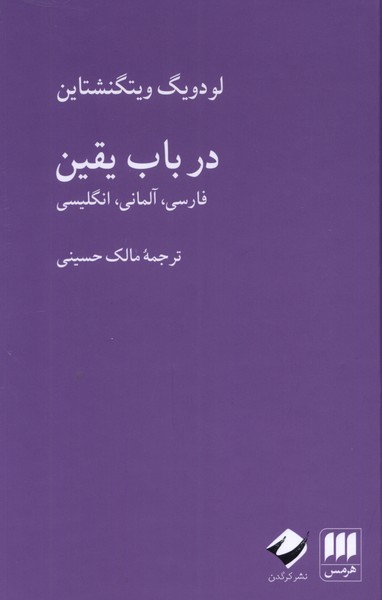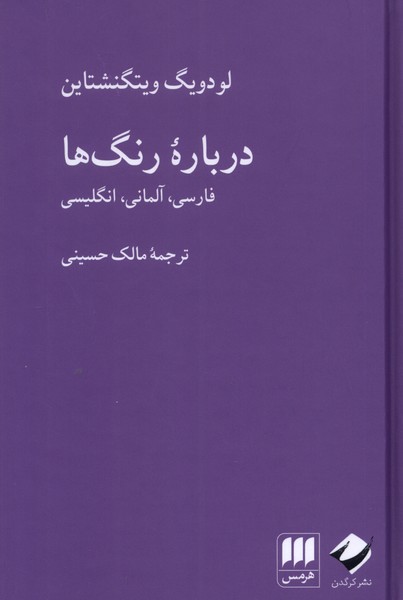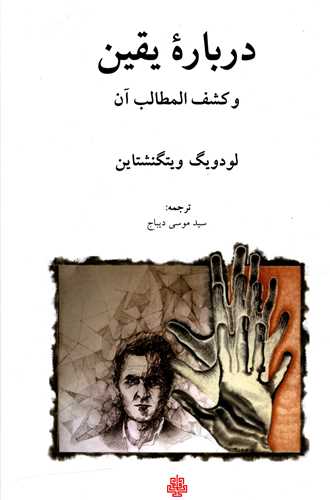Ludwig Wittgenstein
ویتگنشتاین، لودویگ
Ludwig Wittgenstein (born April 26, 1889, Vienna – died April 29, 1951, Cambridge) was an Austro-British philosopher who became one of the most influential thinkers of the 20th century, focusing on logic, language, mind, and mathematics. His philosophical career is divided into two distinct periods: the early phase, marked by Tractatus Logico-Philosophicus, which analyzed the logical structure of language and reality; and the later phase, represented by Philosophical Investigations, which critiqued his earlier views and emphasized the practical use of language in everyday life. A student of Bertrand Russell, Wittgenstein taught at the University of Cambridge for many years. His work introduced key concepts such as language games, family resemblance, and the private language argument, profoundly shaping analytic philosophy, linguistics, psychology, and the arts.
لودویگ ویگتنشتاین (زادهٔ 26 آوریل 1889، وین – درگذشتهٔ 29 آوریل 1951، کمبریج) فیلسوف اتریشی-بریتانیایی بود که با تمرکز بر منطق، زبان، ذهن و ریاضیات، یکی از تأثیرگذارترین چهرههای فلسفهٔ قرن بیستم شد. او در دو دورهٔ متمایز فلسفی فعالیت کرد: دورهٔ نخست با اثر رسالهٔ منطقی-فلسفی (Tractatus Logico-Philosophicus) که به تحلیل ساختار زبان و واقعیت پرداخت، و دورهٔ دوم با پژوهشهای فلسفی (Philosophical Investigations) که به نقد دیدگاههای پیشین و تأکید بر کاربرد زبان در زندگی روزمره انجامید. ویگتنشتاین شاگرد برتراند راسل بود و سالها در دانشگاه کمبریج تدریس کرد. آثار او مفاهیمی چون بازیهای زبانی، شباهت خانوادگی، و نقد زبان خصوصی را مطرح کردند و بر فلسفهٔ تحلیلی، زبانشناسی، روانشناسی و هنر تأثیر گذاشتند.
